Profile
Meet Caroline Esinam Adzogble – the CEO ‘changing the face of education’

She had wanted to become a medical doctor but when that dream failed to materialise, she had to come up with another workable plan. Several years on, her courage to follow a different path is yielding results.
Caroline Esinam Adzogble, Chief Executive Officer (CEO) of Caroline Group of Companies, an Education and Training Consultancy firm, is making education more affordable and accessible to individuals, groups and institutions.
Background
The 28-year-old Ms Adzogble hails from Dzodze in the Volta Region. She started her own Potters International College, an online College in 2010, before expanding operation to other areas.
The college offers internationally-recognised diplomas to students who have had gaps in their education and do not have the necessary academic qualification to move on to the next level.
Interacting with The Spectator, the CEO said she and her team are determined to “redefine education” with focus on training, consulting, marketing, travel and philanthropy.
Recounting her journey, she noted that a combination of quality education and Information Communication Technology (ICT) could help transform society positively.
Education
Ms Adzogble studied General Science at Ideal College in Accra and continued to study Database Technology, Systems Hardware and Networking at IPMC College of Technology. Later, she took up an online course in Business Studies at University of Edinburgh.
“One evening upon getting home, I announced to my parents that I was going to start training the young ones in ICT, especially those who could not afford to pay for it, and that was the beginning of what the Caroline Group represents today.
“We want to change the face of education and make it the most affordable and accessible commodity on the planet,” she said.
According to her, everyone is entitled to a world-class education irrespective of age, race, colour and financial status, hence her decision to “uplift education in Africa and beyond”.
Operation
The education enthusiast, as part of several other commitments, hosts short term seminars and professional development courses for aspiring entrepreneurs and corporate organisations in different cities in Kenya, the United States of America and The United Kingdom.
Ms Adzogble believes a lot of people are unable to find the educational opportunities available to them but it could be made much easier.
“People do not understand that online education is the future and it is closer than we think; we intend to enlighten them and help schools better understand their operations,” she noted.
The Caroline Group, she added, wants to combat fraudulent activities of “agents” who charged students outrageous fees under the pretext of placing them in educational institutions abroad.
Notable among her educational interventions is the one million dollar ($1M) scholarship scheme for 100 African students, which was initiated in 2018, in addition to the 100 laptop project for students, which also came on board in 2019, through her social media platform.
Both programmes, she said, were still ongoing. Explaining that, individuals would have to express their interest after which they go through a selection process and get shortlisted for the scheme.
Challenges
While she encourages young people to approach their educational and personal development goals with a sense of urgency, Ms Adzogble observed that, managing people has been one of her challenges.
“I try to incorporate foreign culture into my companies by training people, giving them the opportunities to grow and highly compensating them for it.
“But people take the opportunities you give them for granted and often deliberately create problems for you. I am still on the verge of finding the right people,” she noted.
Nonetheless, her group was still capitalising on technology to handle about 80 per cent of its operations worldwide, and continues to employ people for different purposes.
As an advocate, Ms Adzogble comments on educational matters and engages stakeholders in the sector to deliberate on possible ways of improving teaching and learning.
Her books, ‘Super-Agent and Super School’, she noted, have received positive response and was completely sold out in Nigeria in 2016.
Caroline Group of Companies, she stressed, would transcend local and international boarders in the years ahead, as the company continues to gain recognition from players within the sector.
Ms Adzogble, who intends to retire from her CEO post at age 30, has been recognised for her contribution to the sector. She recently received the President’s Youth Prize from the Millennium Excellence Foundation, among other achievements.
“I plan on retiring at 30 because I would have raised great leaders and education consultants who will do wonders. I would be more of an advisor and see the youth work their magic.
“Retirement is not the end of the legacy; it is actually the beginning because every seed I am sowing now will be bearing fruits and it will be the beginning of a new generation,” she said.
Ms Adzogble did not disclose her relationship status but said she wants to focus on family, have twins and tour the world after retirement.
Ms Adzogble whose hobby is writing urged young people to continue chasing their dreams and not give up no matter how rugged the road may be.
Source: by Ghanaian times
Profile
From dormancy to dominance: Rev. Emmanuel D. Niikoi’s inspiring netball journey
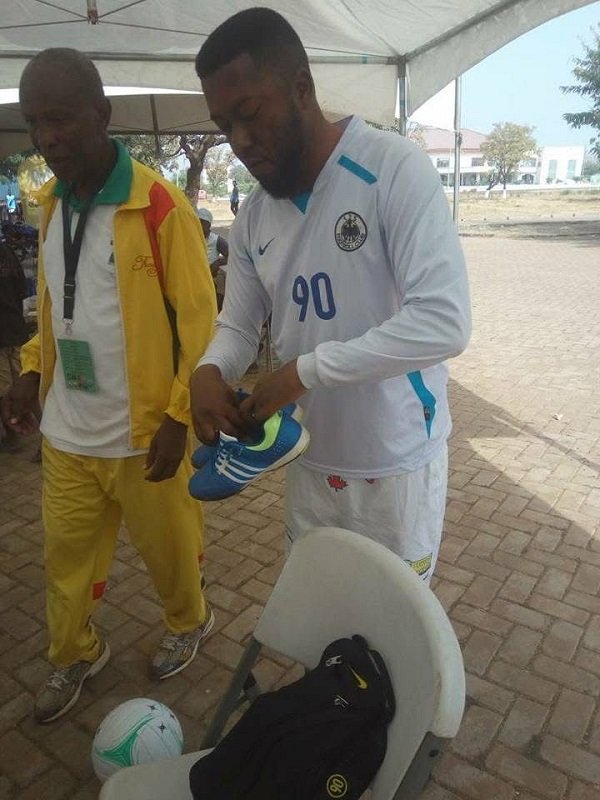
IN the annals of Ghana’s sporting history, certain individuals stand out not merely for participating in sport, but for transforming it.
Rev. Emmanuel D. Niikoi is one such figures. Revered as the father of modern netball in Ghana, is widely credited with rescuing the game from near extinction and transforming it into a vibrant, structured and nationally recognised sports discipline.
His journey reflects vision, resilience and an unwavering commitment to youth and sports development.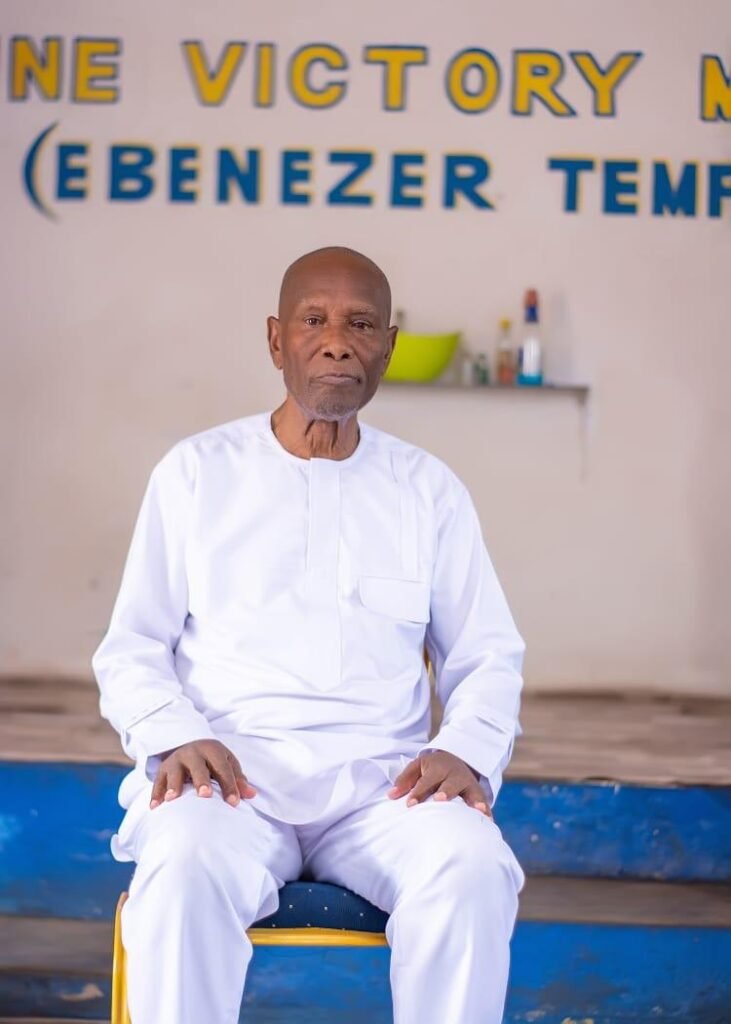
Netball was introduced to the then Gold Coast by Christian missionaries alongside formal education. By the 1960s and early 1970s, the sport had gained remarkable popularity in schools and colleges, ranking second only to football and, in some institutions, rivaling it in appeal.
However, during the 1974/75 academic year, the Ghana Education Service (GES) took a policy decision to step down netball in favour of basketball development. The decision dealt a severe blow to the sport.
Between 1975 and 1985, competitive netball virtually disappeared from Ghana’s sporting calendar.
That decision of the GES can be blamed for the current state of the sports that is producing heroines across the globe.
The revival of the game can be traced to 1985 during the Golden Jubilee celebration of the Ghana Broadcasting Corporation (GBC).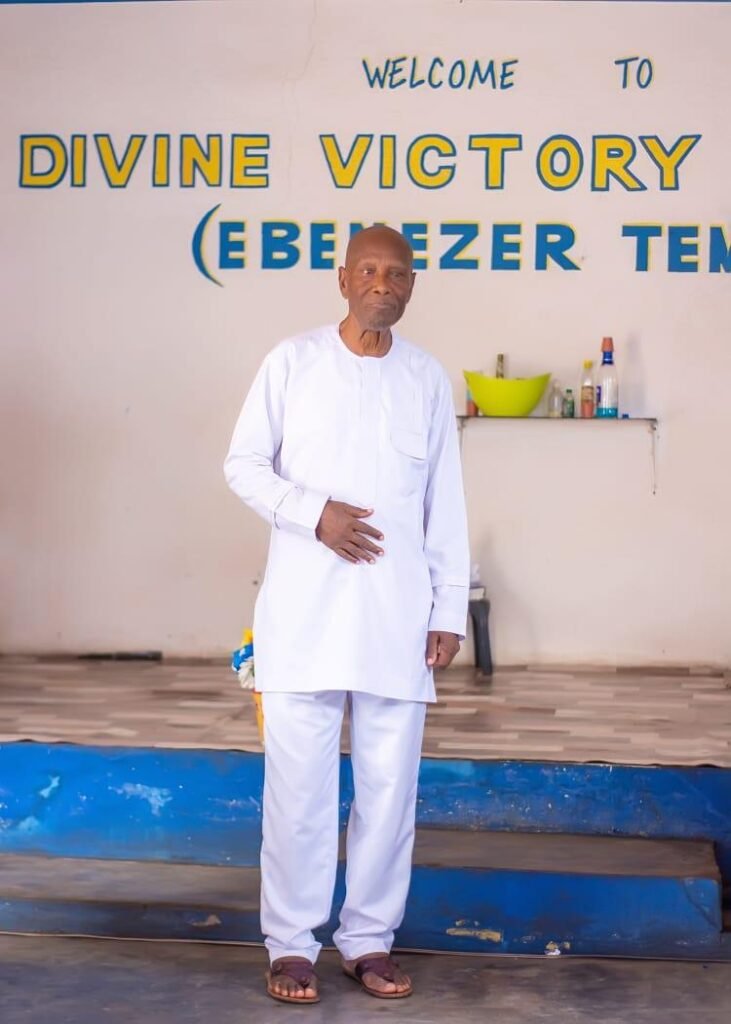
At the time, Rev. Niikoi was serving as Chief Editor (News) in the Radio Newsroom. Understanding both the historical importance and untapped potential of netball, he championed the inclusion of a netball tournament as part of the anniversary celebrations. The event reignited public interest and reminded many of the sport’s former glory.
Crucially, Rev. Niikoi did not allow the momentum to fade after the festivities. The GBC netball team formed for the tournament, aptly named “Golden Hands,” became the cornerstone of a national revival campaign.
With determination and personal sacrifice, he led tours across the country, using the team as a practical training platform.
He personally taught sports teachers under the GES the official rules of netball, reintroduced structured competition, and restored confidence in the sport’s viability.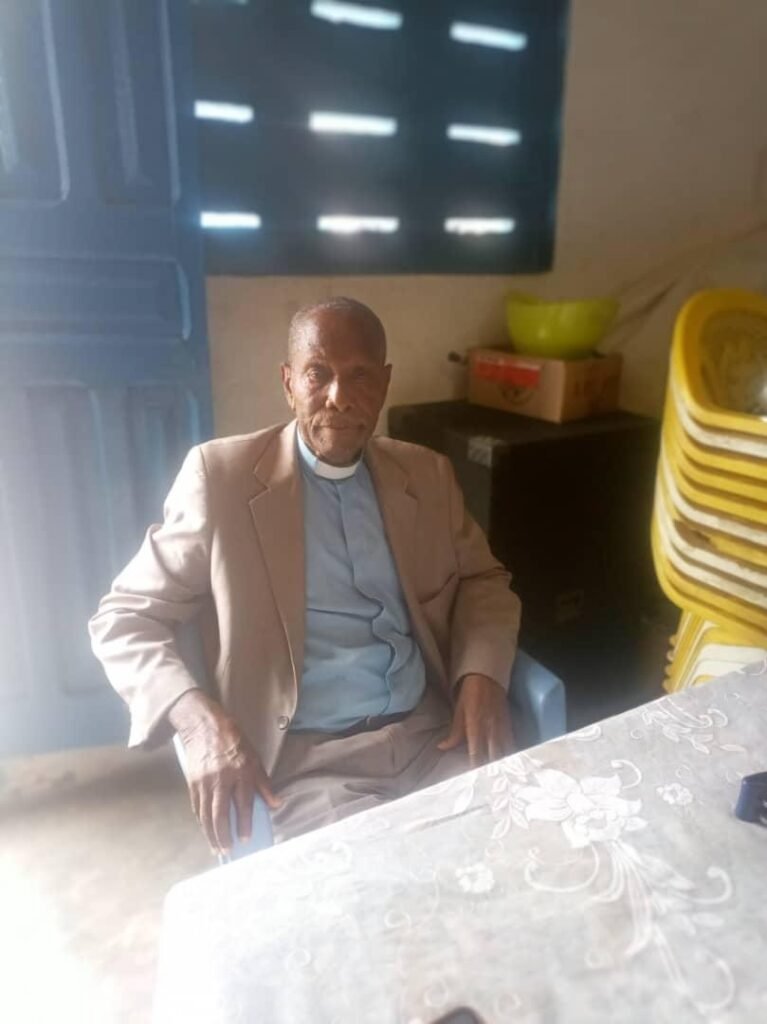
These efforts culminated with the formation of the Netball Association of Ghana in 1988, now known as the Netball Federation of Ghana.
In 1990, the association gained formal recognition from the National Sports Authorities, previously known as the National Sports Council (NSC), restoring netball’s status as an official sporting discipline.
This milestone marked the rebirth of organised netball in Ghana and cemented Rev. Niikoi’s place as founder of the national governing body.
Revival soon transitioned into consolidation. Over the years, Rev. Niikoi consistently lobbied educational and sports authorities to reintegrate netball into major school competitions.
His advocacy led to the sport’s reintroduction into the National Basic Schools Sports Festival, the Senior High and Technical Schools Sports Festival, the Colleges of Education games, and competitions under the Ghana University Sports Association (GUSA).
Today, netball is played across the entire educational structure in Ghana, from basic schools to public universities, a testament to his sustained and strategic efforts.
On the continental and global front, Ghana is a full member of World Netball and was a founding member of the Confederation of Africa Netball Associations (CANA), now Africa Netball.
In 2004, Ghana hosted the inaugural Africa Netball Cup of Nations in Accra and emerged champions after defeating Namibia in the final. The victory not only boosted Ghana’s sporting image but also validated years of groundwork.
In 2007, Rev. Niikoi was elected Director of Marketing and Media for CANA, serving a four-year term and contributing to the sport’s development across the continent.
In 2019, following governance reforms required by the International Olympic Committee to lift sanctions related to state interference in sports administration, national federations were mandated to adopt independent constitutions. Under this new framework, the Netball Federation of Ghana successfully drafted its constitution and conducted elections.
On June 19, 2019, Rev. Niikoi was elected the federation’s first President under the independent constitutional order which is symbolic and deserved recognition of decades of service.
Beyond netball administration, Rev. Niikoi also served two terms spanning eight years from March 2018 to March 2025 as an Executive Board Member of the Ghana Olympic Committee.
His presence on the board ensured that netball maintained visibility within Ghana’s broader Olympic movement.
A Bachelor of Arts graduate in Combined Honours (History and Law), Rev. Emmanuel D. Niikoi has trained numerous coaches and umpires nationwide, strengthening the sport’s technical foundation and ensuring sustainability.
His leadership style combines administrative discipline with grassroots engagement, making him both a strategist and a mentor.
From dormancy to dynamism, the resurgence of netball in Ghana bears his unmistakable imprint. Through advocacy, institution-building and capacity development, Rev. Niikoi has secured a lasting legacy.
Today, every netball match played in Ghana, whether at a basic school court or a university festival stands as living testimony to his vision and perseverance.
By Esinam Jemima Kuatsinu
Profile
Autism Awareness Care & Training: Pioneering autism care, inclusion in Ghana
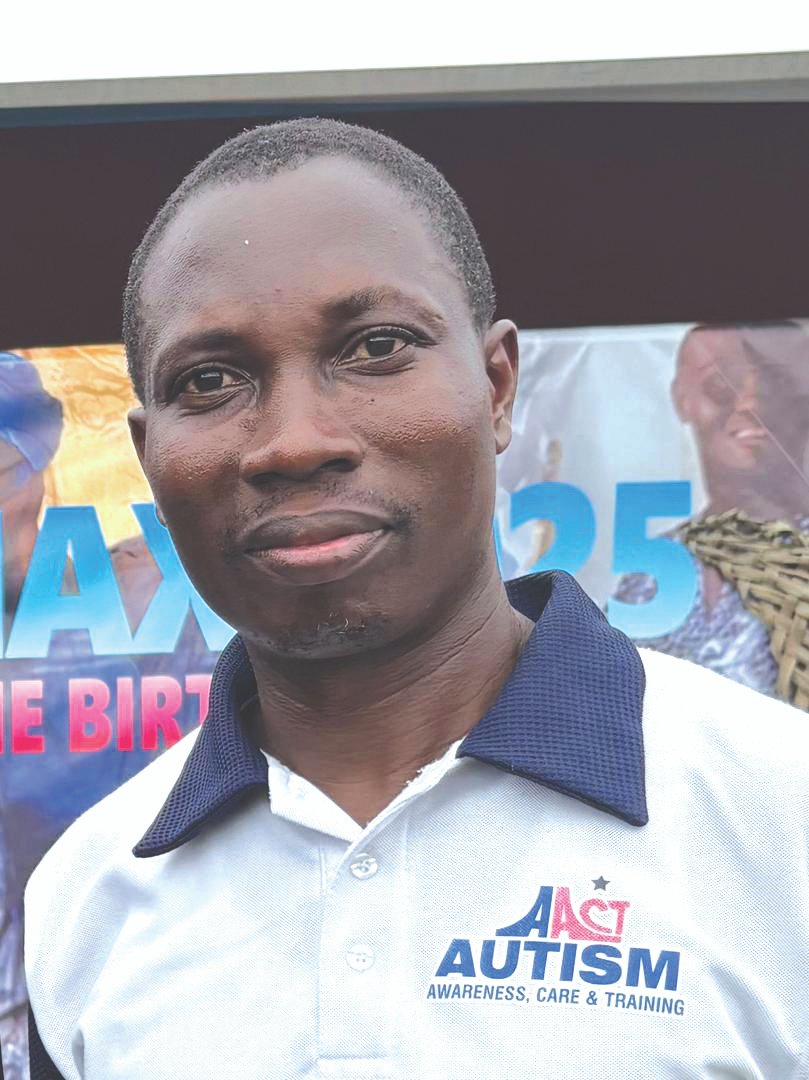
AUTISM Awareness Care and Training (AACT) is Ghana’s first autism-focused centre, playing a pioneering role in the care, education, and advocacy for children on the autism spectrum and their families.
Established in 1998, AACT began as a parent-support and training initiative at a time when autism was poorly understood in Ghana. Many families raising autistic children faced stigma, isolation, and limited access to information or professional assistance.
Over the years, the organisation has evolved into a full-fledged autism care and training centre, responding to the growing demand for specialised services and sustained nationwide awareness.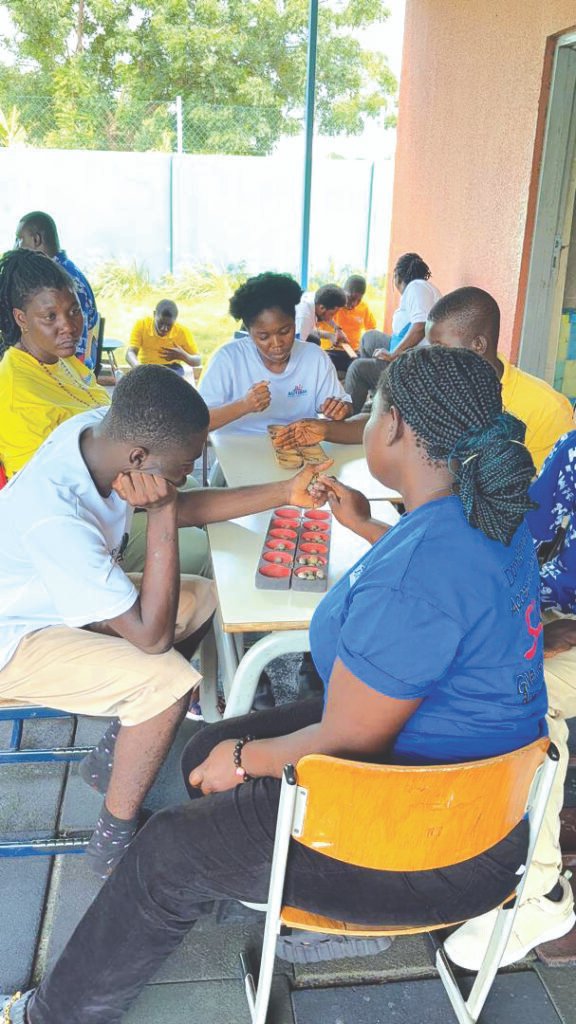
AACT is currently located in Haatso, Accra, where it operates a structured day programme serving about 25 learners daily. The centre provides a safe, inclusive, and supportive environment where children with autism are guided to develop essential life, social, and functional skills.
Programmes at the centre focus on independent living skills, vocational and pre-vocational training, functional academic skills, and therapeutic interventions. These activities are tailored to the individual needs of each learner, recognising that children on the autism spectrum learn and develop at different paces.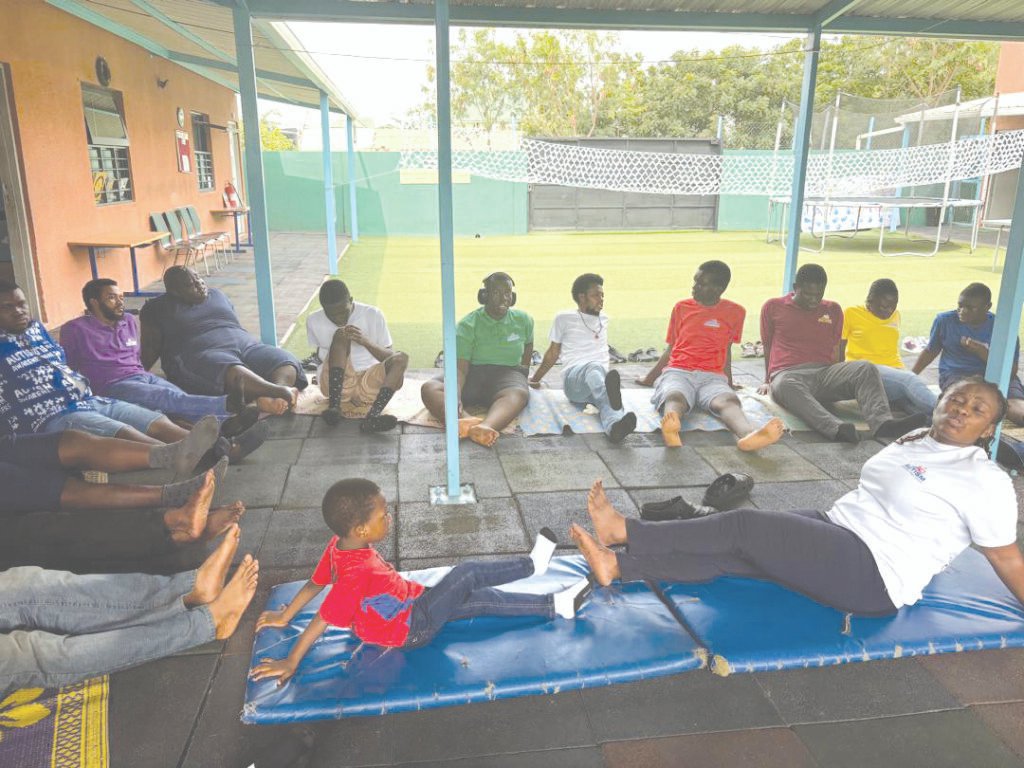
According to Abeiku Grant, Head of Programmes at AACT, the centre’s philosophy is centred on ability rather than limitation.
“Every autistic child is different,” he said. “Our work is to support them at their own pace and help them discover what they can do, not to focus on what they cannot do.”
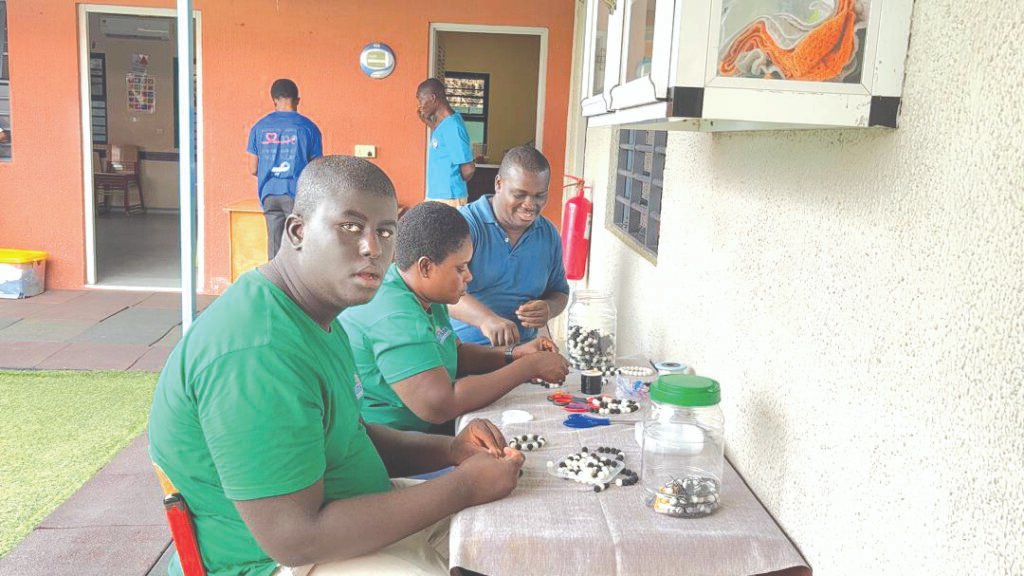
Beyond centre-based services, AACT places strong emphasis on autism awareness and advocacy, particularly within schools and communities. Many children with autism in Ghana continue to face rejection and exclusion due to stigma, misinformation, and the lack of trained personnel in educational institutions.
In 2025, AACT reached over 20 schools across the country, providing autism education to teachers, students, and school administrators.
The organisation also runs free teacher training programmes, equipping educators with practical knowledge and basic tools to support autistic learners in inclusive classroom settings.
“Many schools tell us they are not resourced or trained to handle autistic learners,” Mr Grant explained. “Instead of waiting for change, we decided to go to them and train teachers for free.”
AACT also engages learners directly, addressing widespread misconceptions about autism, including the false belief that autism is contagious or caused by bad parenting. These outreach programmes aim to build empathy among students and promote peer support for autistic learners in mainstream schools.
Another major challenge confronting families is limited access to autism services, especially outside Accra. With most autism centres concentrated in the capital, many families from other regions are forced to travel long distances or keep their children at home due to cost, stigma, or lack of support.
“Education is not meant only for typical children,” Mr Grant stressed. “Children with autism also have the right to education and care. No child should be hidden because of lack of understanding or opportunity.”
As part of its outreach work, AACT supports parents to overcome stigma and encourages social interaction for children with autism, believing that community engagement is essential for development and confidence building.
In December 2025, the centre received what it described as its largest donation of the year, raised by children from the Unmasked Mentoring initiative. According to the organisation, the donation was particularly significant as it demonstrated empathy and social responsibility among young people.
As a non-governmental, non-profit organisation, AACT depends largely on donations, partnerships, and goodwill to sustain and expand its work. Current needs include a minibus for community-based social activities, expansion of its facility to accommodate more learners, sponsorship support for children from financially challenged families, and funding to scale autism awareness programmes nationwide.
Looking ahead, AACT envisions a Ghanaian society that is inclusive, informed, and supportive of persons with autism.
“Our goal is a Ghana where children with autism are accepted and supported,” Mr Grant said. “Every child has potential. All they need is understanding, opportunity, and care.”
By Esinam Jemima Kuatsinu







